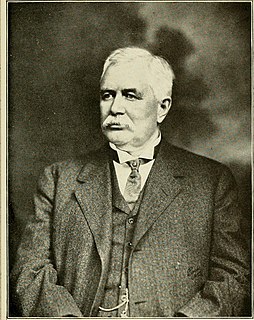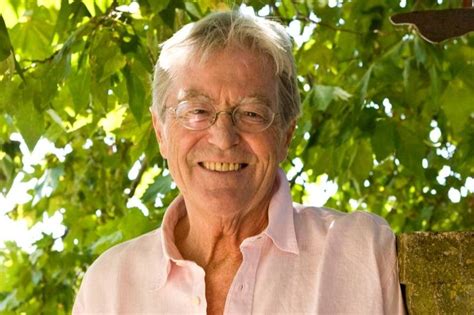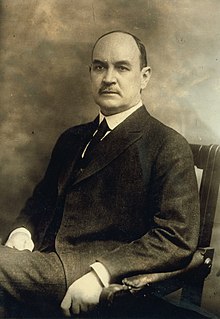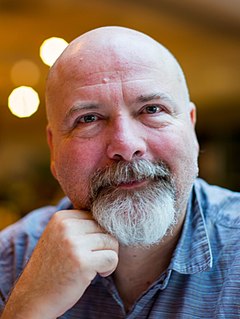A Quote by Ronald Reagan
Yet optimism is in order, because day by day democracy is proving itself to be a not-at-all-fragile flower. From Stettin on the Baltic to Varna on the Black Sea, the regimes planted by totalitarianism have had more than 30 years to establish their legitimacy. But none - not one regime - has yet been able to risk free elections. Regimes planted by bayonets do not take root.
Related Quotes
Regimes planted by bayonets do not take root... Our military strength is a prerequisite to peace, but let it be clear we maintain this strength in the hope it will never be used, for the ultimate determinant in the struggle that's now going on in the world will not be bombs and rockets but a test of wills and ideas, a trial of spiritual resolve, the values we hold, the beliefs we cherish, the ideals to which we are dedicated.
Regimes are modes of self-discipline, but are not solely constituted by the orderings of convention in day-to-day life; they are personal habits, organised in some part according to social conventions, but also formed by personal inclinations and dispositions. Regimes are of central importance to self-identity precisely because they connect habits with aspects of the visible appearance of the body.
The school children of New York State planted more than 200,000 trees within ten years from the time Arbor Day was recognized. Few similar efforts in years have been more thoroughly commendable than the effort to get our people practically to show their appreciation of the beauty and usefulness of trees.
We now know that we imprint information during the day. We sort of - that seed is planted there within the brain during the day. In other words, we learn information. But we also know that that vision that was planted in the brain still remains in the sound of silence, in this - in the dark of night.
Day after day we looked for rain, and day after day we saw nothing but the sun. Lavender that we had planted in the spring died. The patch of grass in front of the house abandoned its ambitions to become a lawn and turned into the dirty yellow of poor straw. The earth shrank, revealing its knuckles and bones, rocks and roots that had been invisible before.
Last century, when the beams needed replacing, carpenters used oak trees that had been planted in 1386 when the dining hall was first built. The 14th-century builder had planted the trees in anticipation of the time, hundreds of years in the future, when the beams would need replacing. Did the carpenters plant new trees to replace the beams again a few hundred years from now?
The developed world should neither shelter nor militarily destabilize authoritarian regimes unless those regimes represent an imminent threat to the national security of other states. Developed states should instead work to create the conditions most favorable for a closed regime's safe passage through the least stable segment of the J curve however and whenever the slide toward instability comes. And developed states should minimize the risk these states pose the rest of the world as their transition toward modernity begins.
































